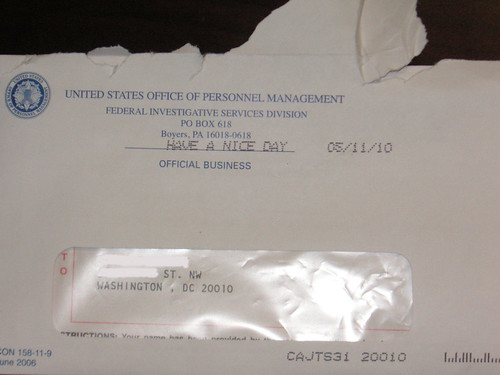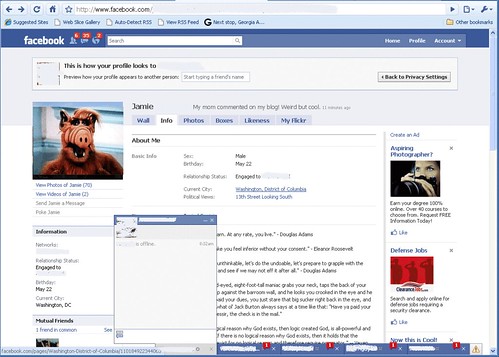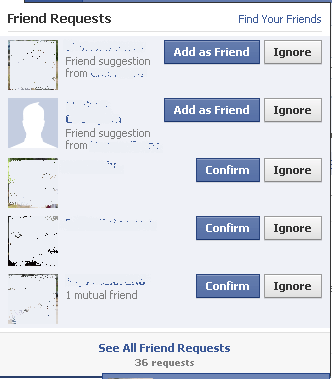Someone posted and deleted a comment to my last post about the soda tax. I won't identify them, because obviously they chose to retract their comment, but I did want to respond to it because I don't think it's an uncommon reaction to this kind of position:
"The American Beverage Association, and its simulated grassroots spinoffs that have been set up to oppose this, thank you for your time and effort on their behalf. "
In opposing the beverage tax, I want to make a couple things clear.

I realize that the soda industry, like almost every other industry (such as the snack food, alcohol, automobile, oil, hemp, solar power, and gastroenterology industries) has an association and a lobby, and spends lots of money to promote its agenda. Of course, the bigger the industry, the bigger their lobby. But if we were proposing a tax on something that hardly anyone ever bought, would anyone really care?
If I based my positions simply in
opposition to those of big business, would I be any more a thinking person? The fact that a big company happens to have financial incentives to take a particular position, is not a good enough reason to oppose it.
I also realize that corn production is subsidized in this country. Actually, it is the most heavily subsidized agribusiness by far, to the tune of something like $4 billion a year.
I am not in favor of this. While the DC government is not the Federal Government, I hope that the irony of a country that subsidizes production of corn syrup, and then at a local level taxes the same, is not lost.
 Oh, the humanity.
Oh, the humanity. discusses this irony, noting that President Obama himself has suggested exploring a soda tax. Wait, the president wants a soda tax, even though we subsidize high-fructose corn syrup? *shakes head* Something is wrong here.
Even if I thought that the best way to deal with a ridiculous situation where our Federal government is complicit in the production of cheap soda was to tax it at the other end, which I do not, the tax being proposed is far higher than the subsidy. From the blog above, the Joint Committee on Taxation calculated that a 3-cent tax on each 12-ounce sugared soda would raise $51.6 billion over a decade, about $5 billion a year.
That means that a tax of 1/4 of a penny per ounce would raise about the same amount of money that is spent annually on corn subsidies. From
grist, we learn that
only 3.5% of all corn in this country ends up as corn syrup. Multiplying that 4 billion annual subsidy by 3.5 percent, we get a figure out about $140 million a year going to subsidize soda production - assuming that every single drop of corn syrup ends up in a can of soda. Which obviously it does not.
This means that a tax of a penny per ounce equates to about 142 times the amount of the Federal subsidy on high-fructose corn syrup.
I am against taxing soda (or any non-"sin" item) at an excessively high rate. Soda, unlike cigarettes and alcohol, does not have any inherently illness-causing ingredients. Ironically, the only soda ingredient that has been proven to cause cancer, like both cigarettes and alcohol can, is artificial sweeteners, yet diet sodas are excluded specifically from this tax.
If you think sugar is a luxury, inherently bad, and not necessary for human survival, such as alochol and cigarettes are, then tax
all sugar. Or tax all food, since soda only accounts for 11% of the calories estimated to be consumed by most people.
My positions today, as always, are based on my own opinion. Because almost every industry has a lobby, if that position happens to be against taxing something that I also am against taxing, then by gosh I guess I'm going to be on the same side as whatever industry it is being taxed.









